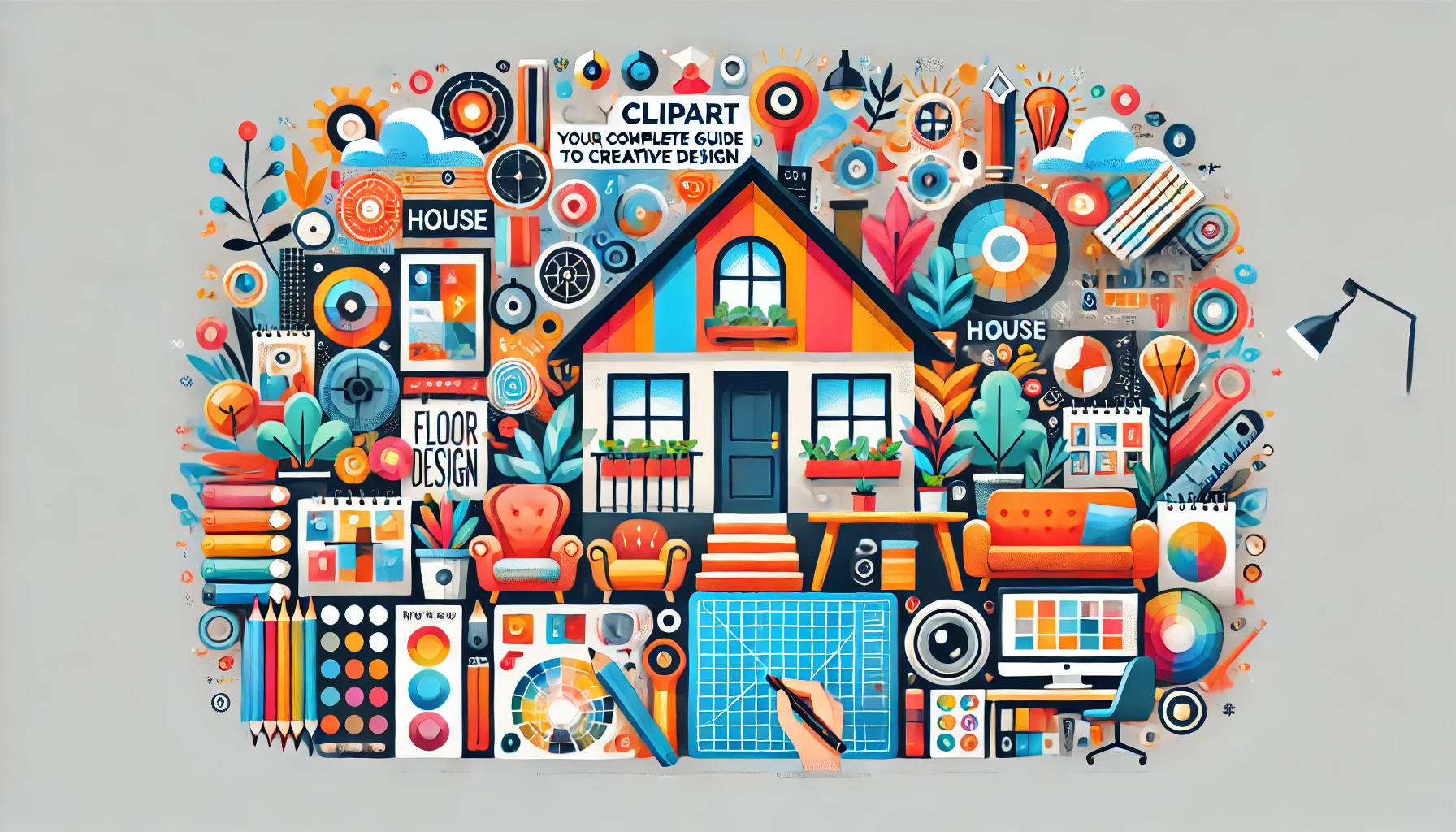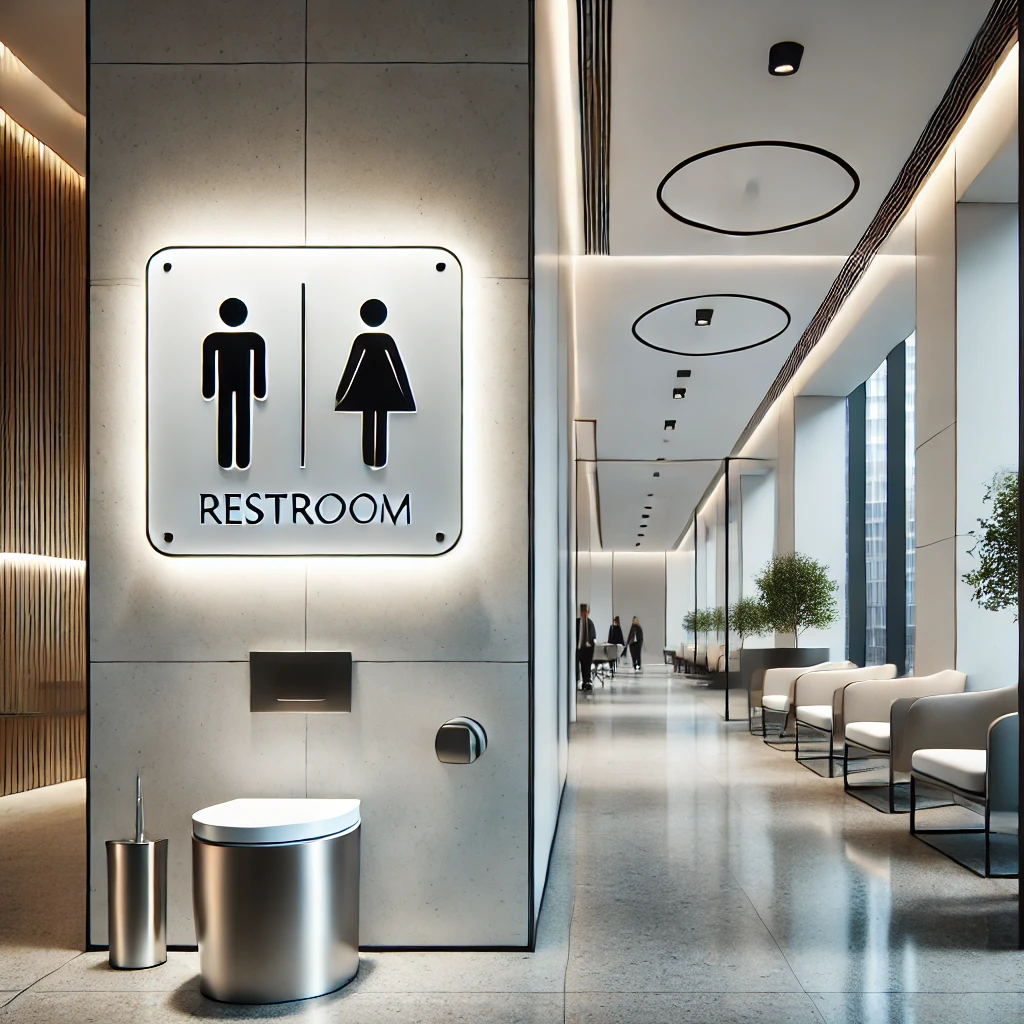Clipart:lem3lklilx4= House represents more than just a simple image; it encapsulates creativity and imagination in digital design. These whimsical representations of houses serve multiple purposes across various mediums, from educational materials to marketing campaigns. This guide will explore the characteristics, uses, trends, and best practices for utilizing clipart houses effectively in your projects.
Understanding Clipart:lem3lklilx4= House
What is Clipart:lem3lklilx4= House?
Clipart:lem3lklilx4= House refers to a collection of artistic illustrations depicting houses in various styles. These images are generally created in vector format, which allows for easy resizing without losing quality. Clipart houses can range from simple line drawings to more elaborate and colorful designs. Their charm lies in their ability to convey concepts related to housing, home life, and architecture in an engaging manner.
The Unique Elements of Clipart Houses
Clipart houses are characterized by specific elements that differentiate them from realistic depictions:
- Exaggerated Shapes: Clipart houses often feature oversized windows, doors, and roofs, contributing to their cartoonish appeal.
- Vibrant Colors: Bright and bold colors make clipart houses eye-catching. Neon pink walls or bright blue rooftops are common.
- Unconventional Designs: Many clipart houses defy traditional architectural norms, showcasing roofs shaped like stars or walls with unique patterns.
- Simplistic Details: While playful, these designs maintain simplicity, using minimal lines to create recognizable forms.
Popularity and Uses of Clipart Houses
Why Are Clipart Houses So Popular?
Clipart houses have gained popularity for several reasons:
- Accessibility: They are widely available, often pre-installed in software applications like Microsoft Office or easily found online.
- Versatility: Used in various contexts—from educational resources to marketing materials—clipart houses can enhance a wide range of projects.
- Visual Appeal: Their playful designs attract attention, making them ideal for both personal and professional use.
- Creative Freedom: Artists can express themselves without the constraints of realism, leading to imaginative and innovative designs.
Applications of Clipart Houses in Digital Media
Clipart houses are utilized in diverse applications, including:
- Educational Content: Teachers often use clipart houses in materials aimed at children, helping illustrate concepts of home and community.
- Marketing Campaigns: Businesses employ clipart houses to symbolize real estate services or home improvement offerings, facilitating quick visual communication.
- Website Design: Incorporating clipart houses can give websites a friendly and approachable feel, particularly for industries related to housing or design.
- Personal Projects: Many individuals use clipart houses for DIY projects, such as creating invitations, greeting cards, or digital scrapbooks.
The Evolution of Clipart House Design
Historical Development
The design of clipart houses has evolved significantly over the years. Early clipart, seen in the 1980s and 1990s, was limited by technology, resulting in basic, pixelated images. However, as graphic design tools advanced, so did the complexity and variety of clipart designs.
Today’s clipart houses reflect a wide array of artistic styles and cultural influences, showcasing vibrant colors and intricate details. This evolution mirrors the advancements in digital art tools, which now allow for dynamic and engaging creations.
Why Clipart Houses Matter in the Digital Age
Importance in Visual Communication
Clipart houses play a crucial role in digital communication. They serve as powerful tools for conveying ideas, emotions, and messages effectively. Their simplicity makes them universally recognizable, while their playful design can evoke feelings of nostalgia, happiness, and comfort.
In an age where visual content is consumed rapidly, clipart houses deliver information quickly. They enhance storytelling, making content more relatable and engaging for audiences of all ages.
Creating Your Clipart House: Tips and Inspiration
Getting Started with Your Design
If you’re inspired to create your own clipart house, follow these tips:
- Start Simple: Begin with basic geometric shapes like rectangles and triangles to outline the structure.
- Add Unique Elements: Consider what makes your house special. Incorporate imaginative features like a butterfly-shaped roof or star-shaped windows.
- Use Bold Colors: Don’t shy away from bright colors. Clipart is about catching the eye, so select hues that stand out.
- Keep It Fun: Focus on creating a whimsical design. Remember, clipart houses are not meant to be realistic.
- Experiment with Tools: Utilize digital drawing software such as Adobe Illustrator or Canva to play around with different styles and elements.
Best Practices for Using Clipart:lem3lklilx4= House
Effective Integration in Design Projects
To maximize the impact of clipart houses in your projects, consider these best practices:
- Match Styles: Ensure that the clipart’s style aligns with your overall design theme. Consistency in visual elements is key.
- Optimize for Clarity: Use high-resolution images to maintain clarity, especially for print materials.
- Respect Licensing: Always verify the usage rights of clipart to avoid copyright issues. Ensure you have the appropriate permissions for your intended use.
Top Trends in Clipart House Design
Current Trends Influencing Clipart
The world of clipart is continually evolving, influenced by changing design trends. Here are some current trends in clipart house design:
- Minimalism: Simple, clean designs with a focus on functionality are becoming more popular.
- Animated Clipart: Subtle animations are gaining traction, adding an engaging element to digital projects.
- Custom Illustrations: Unique, hand-drawn styles are favored for their personal touch, setting projects apart from generic clipart.
House Clipart in Commercial Projects
Utilizing Clipart for Marketing
In commercial contexts, Clipart:lem3lklilx4= House can be invaluable. Real estate agencies often use house clipart to create a recognizable connection with the housing market. Similarly, interior designers utilize clipart to visually represent different styles or layouts.
Selecting the Right Clipart
When incorporating clipart into commercial projects, choose images that are attractive and suitable for your target audience. The message you want to convey is critical; for example, a luxury real estate firm may prefer elegant and large house representations, while an affordable housing organization might opt for cozy and modest designs.
FAQs About Clipart:lem3lklilx4= House
What is Clipart:lem3lklilx4= House?
Clipart:lem3lklilx4= House refers to artistic representations of houses used in various contexts, characterized by vibrant colors, exaggerated shapes, and playful designs.
How do I create my own clipart house?
You can use graphic design software like Adobe Illustrator or Canva to create your own clipart. Start with basic shapes and gradually add details and colors.
Where can I find high-quality clipart houses?
High-quality clipart houses can be found on platforms like Pixabay, Adobe Stock, and Shutterstock, where you can choose from free or paid options.
How can I effectively use clipart in my projects?
To use clipart effectively, ensure it complements your overall design, matches your project’s style, and respects copyright regulations.
What are the current trends in clipart house design?
Current trends include minimalist designs, animated clipart, and custom illustrations that add a personal touch to projects.
Why are clipart houses important in digital communication?
Clipart houses are important because they quickly convey ideas and emotions, making content relatable and engaging for diverse audiences.


